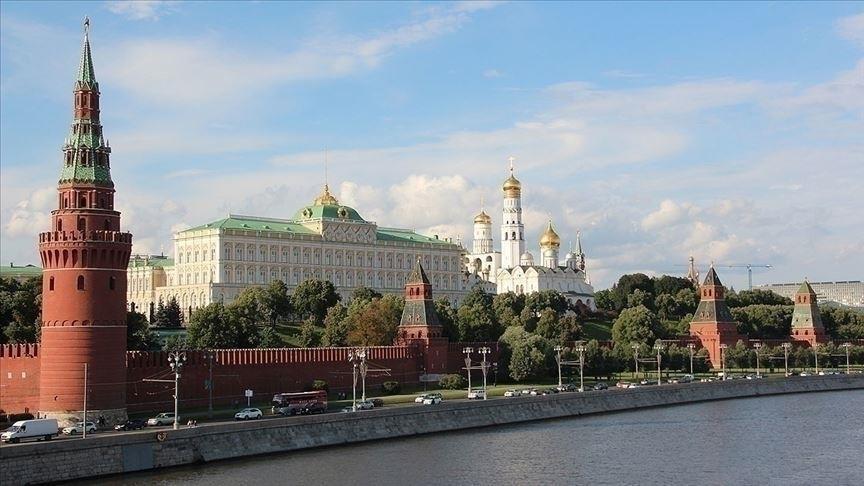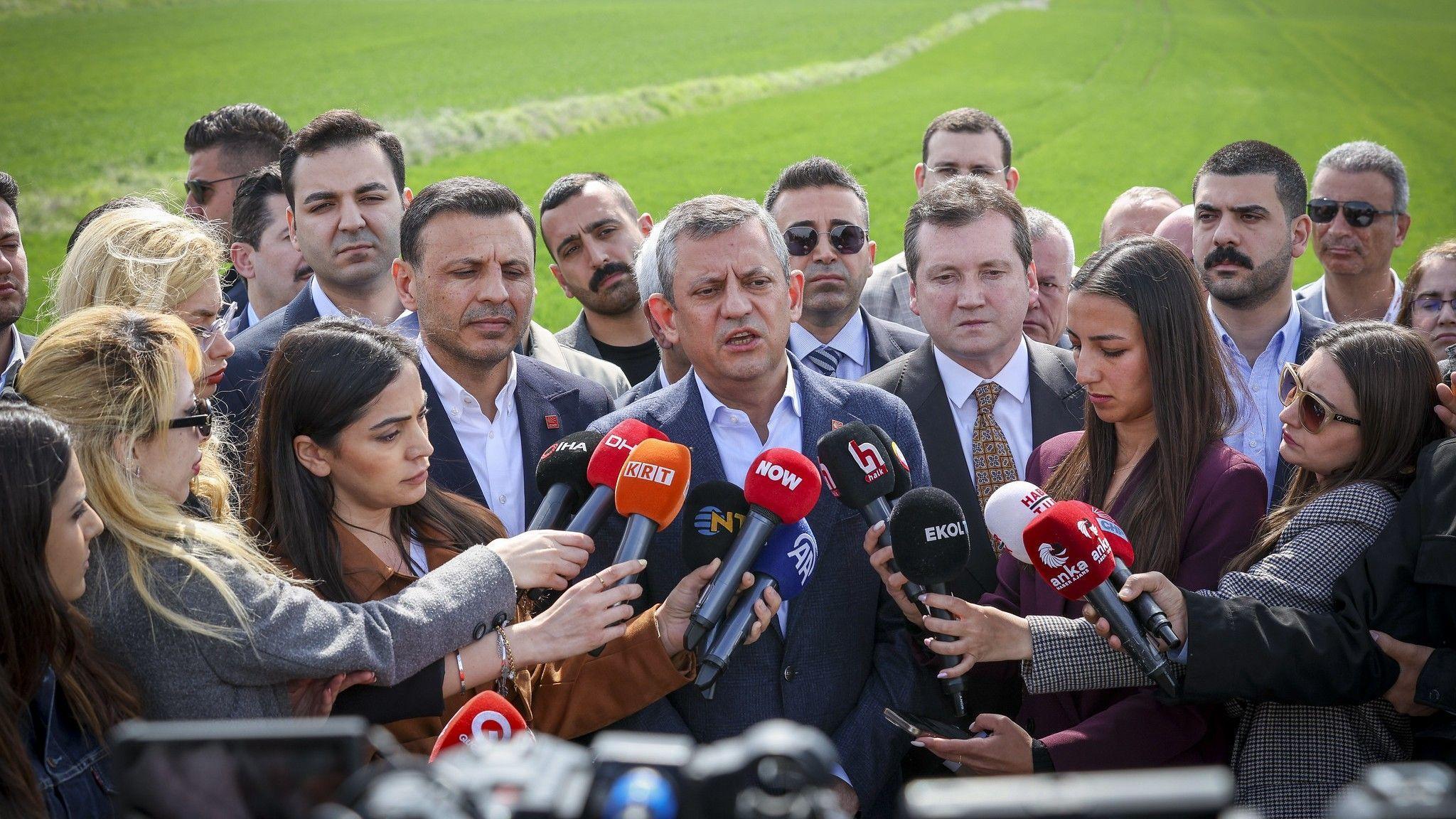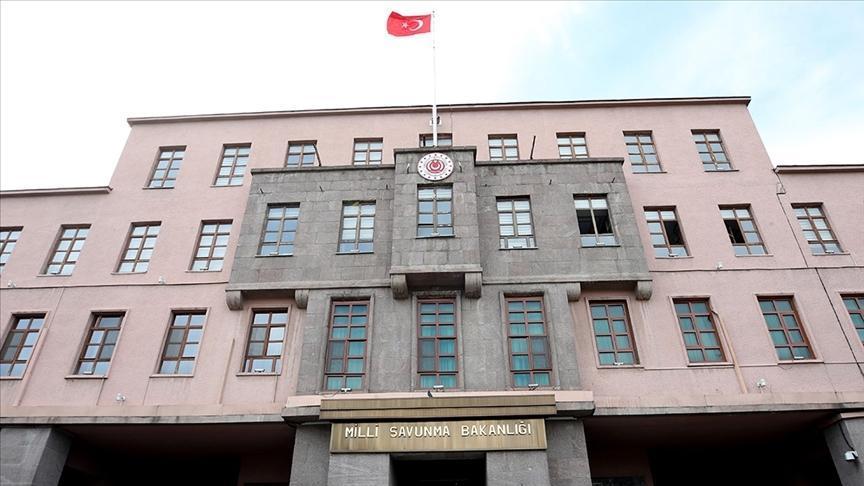Netanyahu takes aim at weapons "leakage" in Syria
JERUSALEM - Reuters

Israeli Prime Minister Benjamin Netanyahu speaks during the weekly cabinet meeting in his office on May 19, 2013, in Jerusalem. AFP Photo
Prime Minister Benjamin Netanyahu held out the prospect yesterday of further Israeli strikes inside Syria, pledging to act to prevent advanced weapons from reaching Hezbollah and other militant groups.Although Israel has not publicly taken sides in the civil war between Syrian President Bashar al-Assad and rebels trying to topple him, Western and Israeli sources say it has launched air strikes in Syria to destroy weapons it believed were destined for Lebanon’s Hezbollah.
In public remarks at the weekly meeting of his Cabinet, Netanyahu made no direct mention of those attacks, but made clear Israel was prepared to take action in the future and said it was “preparing for every scenario” in the Syrian conflict.
Israel had set a policy “to prevent, as much as possible, the leakage of advanced weapons to Hezbollah and terror elements”, he said.
“We will act to ensure the security interest of Israel’s citizens in the future as well,” Netanyahu added, describing his government’s actions as “responsible, determined and level-headed.”
Israel has neither confirmed nor denied reports it attacked Iranian-supplied missiles stored near Damascus this month that it believed were awaiting delivery to Hezbollah, which fought a war with Israel in 2006 and is allied with al-Assad.
A Russian shipment of Yakhont anti-ship missiles to Syria was condemned by the United States on May 17, and Israel is also alarmed by the prospect of Moscow supplying S-300 advanced air defense missile systems to Damascus.
Netanyahu held talks in Russia last week with President Vladimir Putin on the Syrian crisis but gave no public indication whether Israel’s concerns over the Russian weaponry had been eased.
Amos Gilad, a senior Israeli Defense Ministry official, said May 18 the S-300 and the Yakhont, weapons that could complicate any plans for foreign military intervention in Syria, would likely end up with Hezbollah and threaten both Israel and U.S. forces in the Gulf.
“Yakhont is a cruise missile that can hit targets at sea and strategic targets. (It is) a supersonic missile, (with) a range of 300 kilometers, very sophisticated,” Gilad said on Israel’s Channel Two television.
“The Russians sent it to Syria, beside the strategic defense system called the S-300. There are a number of versions, and they are sending them one of the good versions,” he said.
General Martin Dempsey, chairman of the U.S. Joint Chiefs of Staff, said May 17 Russia’s delivery of anti-ship missiles to al-Assad was “ill-timed and very unfortunate” and risked prolonging a war that has already killed more than 80,000 Syrians.
On January 30, another strike on Syrian soil, which also was attributed to Israel by regional sources, destroyed what military intelligence officials say was a shipment of Russian-made SA-17 anti-aircraft missiles destined for Hezbollah.
















